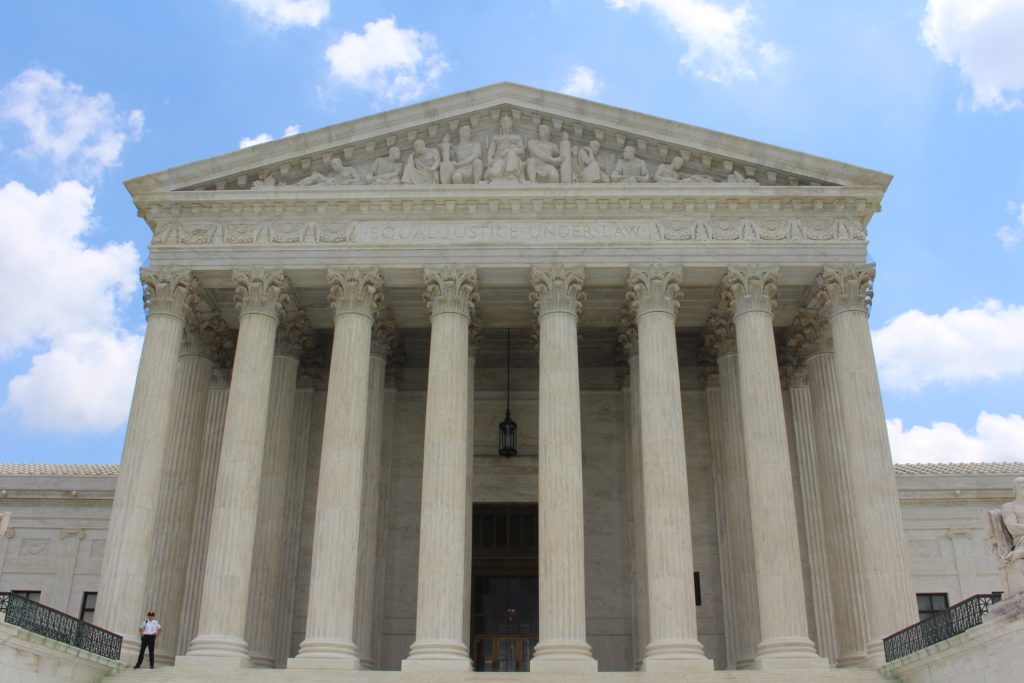
The Wall Street Journal reported this afternoon that the President has “endorsed the U.S. Food and Drug Administration’s [“FDA”] plans for assessing whether a Covid-19 vaccine should be given to the public, making it likely that a shot won’t be cleared until after the election, people familiar with the matter said.” Here is a link to that FDA guidance which was issued today. The FEHBlog also has confidence in the FDA.
The Journal also reports that the President has called off further COVID-19 relief bill negotiations between the Speaker of the House and the Treasury Secretary until after the November 3 election which is four weeks away.
Mr. Trump said he had instructed Senate Majority Leader Mitch McConnell (R., Ky.) to focus his efforts on confirming his Supreme Court nominee Amy Coney Barrett, whose Judiciary committee hearings start Monday, rather than the stimulus effort.
Mr. McConnell said that he agreed with Mr. Trump’s decision.
“I think his view was that they were not going to produce a result and that we needed to concentrate on what’s achievable,” he told reporters.
In other inside the Beltway news, the FEHBlog this morning listened to the oral argument before the U.S. Supreme Court in the ERISA preemption case involving an Arkansas law governing prescription benefit manager pricing practices. Rutledge v. PCMA (No. 18-540) — the recording of the argument is available here.
At issue is a U.S. Court of Appeals decision holding that ERISA preempted this Arkansas law. The counsel for the State of Arkansas, supported by the U.S. Solicitor General, argued that ERISA does not preempt a state law that regulates health care pricing. However, the counsel for PCMA countered, successfully in the FEHBlog’s view that the Arkansas law was not merely a pricing requirement. Rather it was loaded with administrative requirements. If the Supreme Court were to reverse the Eight Circuit, then there are forty states at last count that would be able to impose their pricing and procedural requirement on employer-sponsored health plans, which outcome likely would wind up encompassing the FEHBP.
PCMA’s counsel described that outcome as an administrative nightmare for ERISA plans. He directed the Court’s attention to the amicus brief filed by a nationwide employer based in Arkansas, J.B. Hunt.
For example, if an over-the-road truck driver for J.B. Hunt maintains two separate residences in Arkansas and California, which state PBM law applies? Many Arkansas communities straddle border states (e.g., West Memphis, Texarkana, Ft. Smith, Rogers). What if a J.B. Hunt employee resides in a border state but fills prescriptions across the border in Arkansas— or vice-versa? What if a Minnesota-based over-the- road truck driver needs to fill a prescription while passing through Arkansas, and now the Plan has to process and pay the claim under two different sets of laws?
ERISA and FEHBA state law preemption are in place to permit uniform nationwide administration of these employer sponsored plans. The Supreme Court will issue a decision before the end of June 2021.
